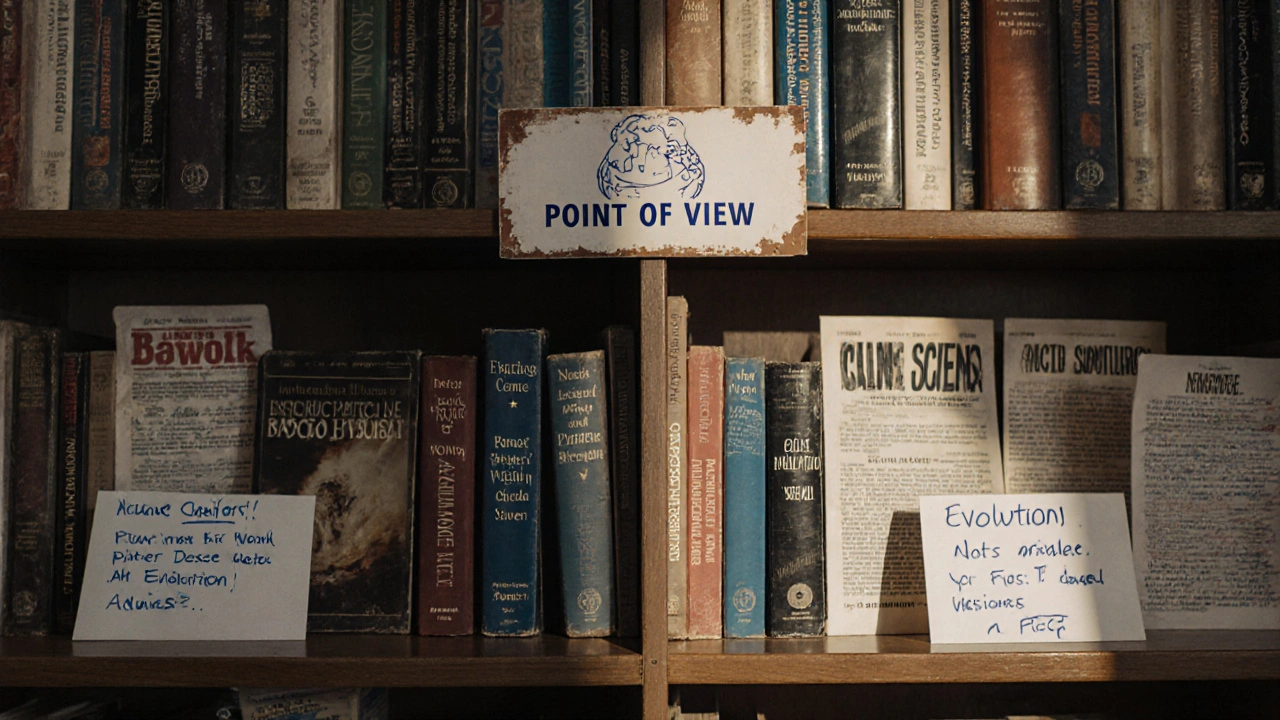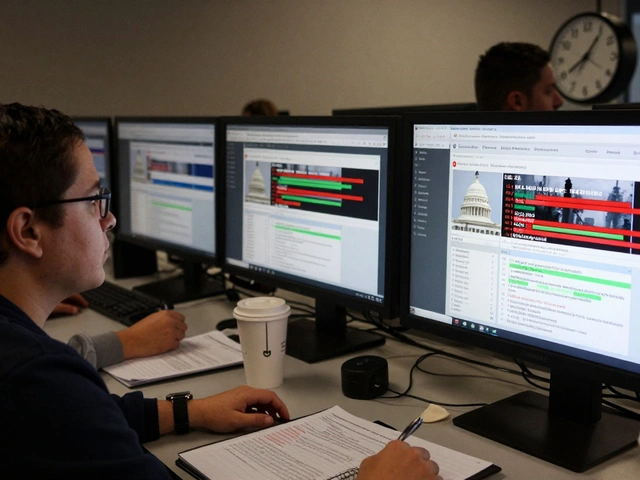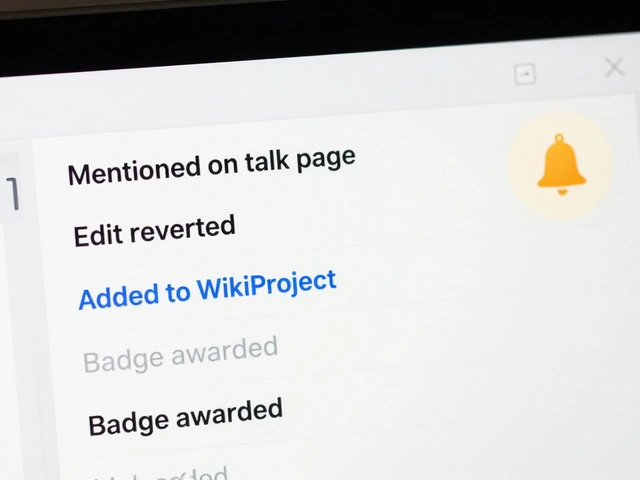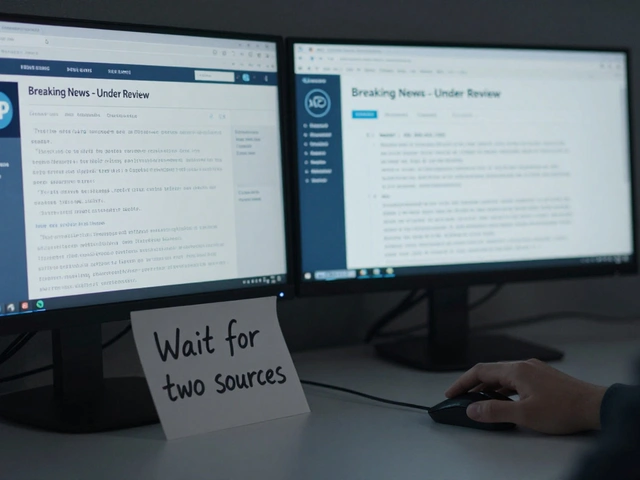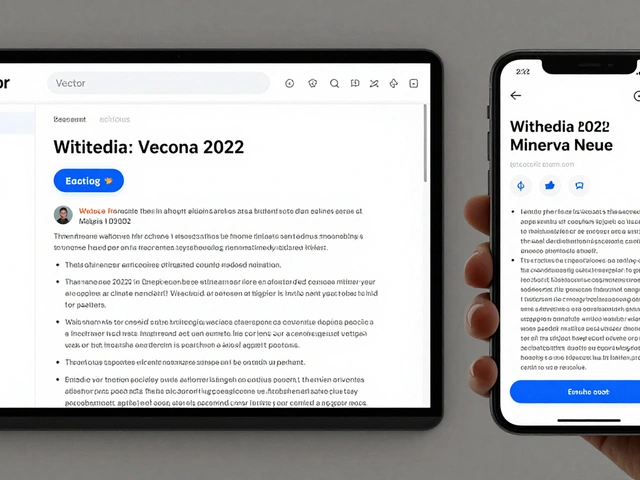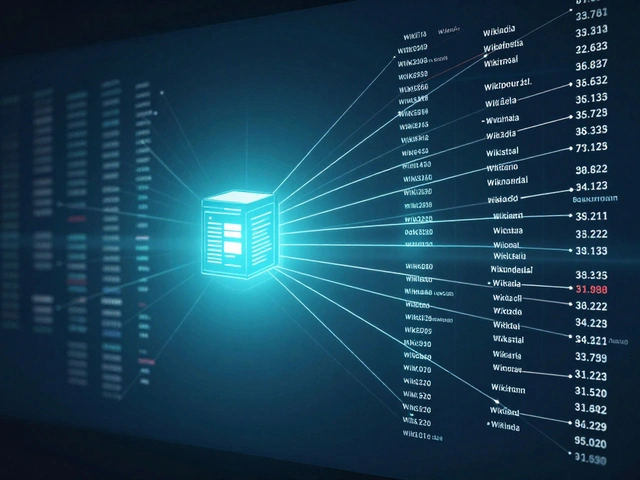Editorial Policy on Wikipedia: Rules That Keep the Encyclopedia Reliable
When you read a Wikipedia article, you’re seeing the result of a strict editorial policy, a set of mandatory rules that govern how content is created, edited, and verified on Wikipedia. Also known as Wikipedia policies, it’s what stops misinformation from spreading and keeps the site credible—even with millions of edits every day. Unlike commercial websites, Wikipedia doesn’t rely on advertisers or algorithms to decide what’s true. It relies on people following clear, documented rules. These aren’t suggestions—they’re enforceable standards that every editor, from beginners to longtime volunteers, must follow.
Behind every reliable Wikipedia article are three core pieces: Wikipedia policies, binding rules that can lead to blocks or reverts if broken, guidelines, advice that helps editors apply policies wisely, and reliable sources, third-party publications like academic journals, books, and major news outlets that back up every claim. Policies like Neutral Point of View and Verifiability ensure articles don’t favor one side over another. Guidelines like Due Weight make sure minority views aren’t erased—but also aren’t given equal space to false claims. And without reliable sources, even the most well-intentioned edit gets reverted. This system isn’t perfect, but it’s transparent: every rule is public, every edit is tracked, and every dispute can be reviewed by the community.
Editorial policy doesn’t just protect accuracy—it protects editors. When harassment spills off-wiki or AI tries to auto-edit articles, it’s policy that gives volunteers the tools to push back. It’s why Wikipedia still beats AI encyclopedias in public trust: you can see where the information came from, who changed it, and why. The policy hierarchy keeps things from turning into chaos. And when debates get heated, consensus-building techniques rooted in these rules help editors find common ground without edit wars.
What you’ll find below isn’t a list of abstract rules. It’s real stories from inside Wikipedia’s engine room: how journalists use it responsibly, how volunteers fight bias in coverage of Indigenous communities, how copyright takedowns erase knowledge, and how a single policy like editorial policy stops a viral lie from becoming a permanent fixture. These aren’t theoretical debates—they’re daily battles to keep the world’s largest encyclopedia honest.
How Wikipedia Handles Self-Published Sources and Blogs
Wikipedia rejects most blogs and self-published sources unless they're written by recognized experts or cited by reliable outlets. Learn why and what sources you should use instead.
What Neutral Coverage Means for Polarized Topics on Wikipedia
Wikipedia’s neutral coverage doesn’t ignore controversy - it documents it fairly. Learn how the platform balances polarized topics with facts, sources, and transparency - and why it still works in a divided world.

